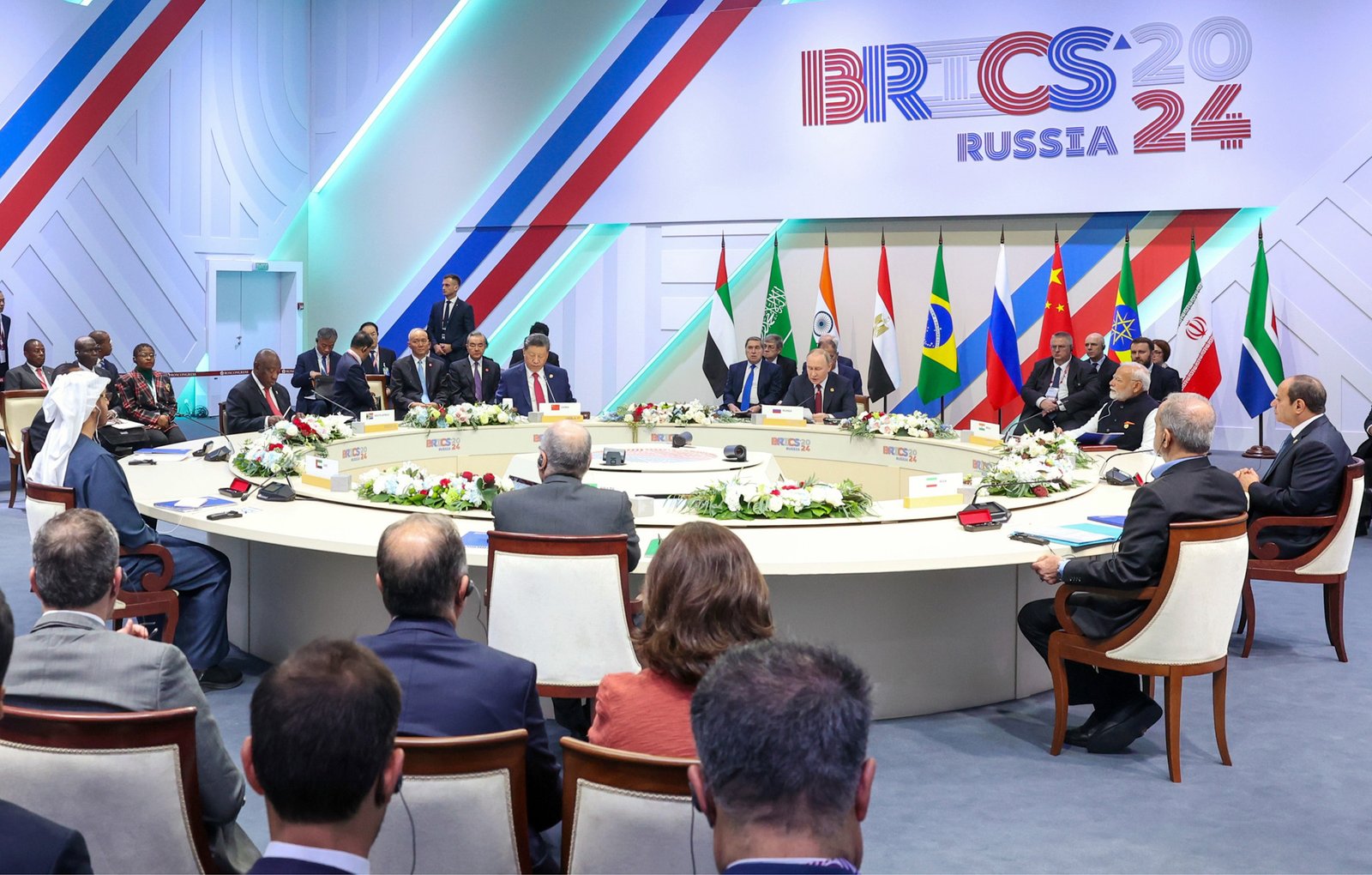Will the U.S. Provide India Relief on Reciprocal Tariffs? Officials Arrive in Delhi for Trade Talks
Reciprocal Tariff Policy: U.S. President Donald Trump has announced the implementation of reciprocal tariffs (tit-for-tat) starting April 2. The purpose of this policy is to impose tariffs on products from countries that levy high import duties on American goods. In response, the Indian government is seeking an exemption from these tariffs. To discuss the matter, a delegation of U.S. officials is arriving in India today. The objective of these discussions is to negotiate a bilateral trade agreement.
U.S. Officials to Visit India from March 25 to 29
The visiting U.S. delegation includes Brendan Lynch, Assistant U.S. Trade Representative for South and Central Asian Affairs, along with a team of officials. Their visit is scheduled from March 25 to 29, as confirmed by the U.S. Embassy. During this period, Indian officials will advocate for relief from the reciprocal tariffs set to take effect on April 2.
Strengthening Bilateral Trade and Economic Ties
Reports suggest that discussions will focus on framing a bilateral trade agreement. Once the framework is outlined, formal negotiations will begin. Additionally, Brendan Lynch is expected to meet with India’s Foreign Secretary, Vikram Misri. The Ministry of Commerce and Industry has expressed optimism, stating, “We look forward to productive discussions with the U.S. delegation and hope for a positive outcome. Strengthening bilateral trade and economic relations is a priority for both nations.”
U.S. Criticism of India’s Import Policy
According to the U.S., India has one of the highest average tariff rates globally, which has led to increased scrutiny. As a result, the U.S. is pushing for higher tariffs on Indian goods. President Trump has frequently criticized India’s import policies, arguing that they are disadvantageous to American businesses. Recently, he stated that India will not be exempted from the reciprocal tariff policy.



